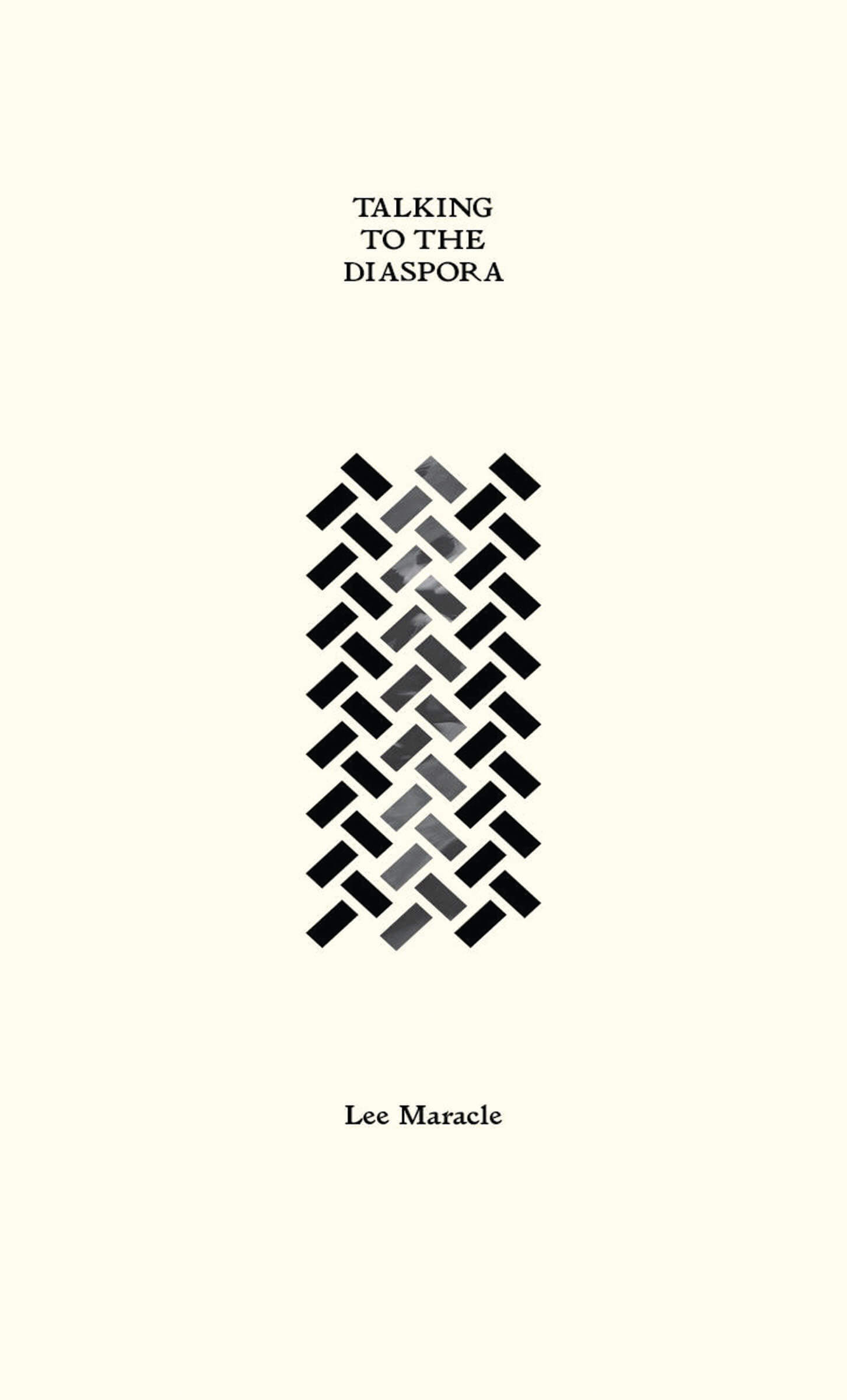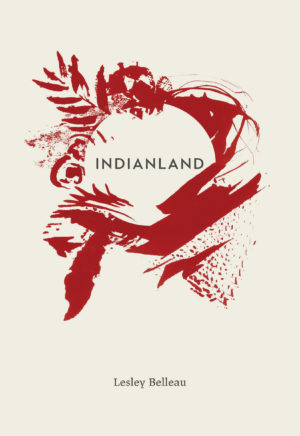In a career that has spanned more than a quarter-century, Lee Maracle has earned the reputation as one of Canada’s most ardent and celebrated writers. Talking to the Diaspora, Maracle’s second book of poetry is at once personal and profound. From the revolutionary “Where Is that Odd Dandelion-Looking-Flower” to the tender poem “Salmon Dance,” from the biting “Language” to the elegiac “Boy in the Archives,” these poems embody the fearless passion and spirited wit for which Lee Maracle is beloved and revered.
- Please choose product options by visiting Indianland.
Talking to the Diaspora
Lee Maracle is one of our greatest gifts. Always smart, smooth and full of sly smiles, Maracle’s latest, Talking to the Diaspora is a beautiful collection of thoughtful, rhythmic gems. Poetry is so lucky to have her back again. — Katherena Vermette, Governor General Award-winning author of North End Love Songs
There’s an incredible power behind Maracle’s voice, which demands to be heard. — Jonathan Ball, Winnipeg Free Press
Talking to the Diaspora is a full, varied and energetic collection that ranges over a lifetime’s worth of experience and engagement with the world. Here, Lee Maracle generously gives us a vision of the holistic, complex and fluid relationships between her peoples’ history, their traumas, memories, bodies, songs, spirits, dreams and lives. Talking to the Diaspora is a rallying cry from a poet who draws from a “from a pool of ancient meaning” to lead us to regeneration and renewal…these poems are not meant merely to be read, but also to be lived. — Phoebe Wang, The Winnipeg Review
Reviews
STAY UP-TO-DATE
Get all the latest news from ARP by subscribing to our mailing list today! As a special thank you, we’ll send you a sampler with special excerpts from the newest ARP books – hot off the press and into your inbox.
CONTACT US
ARP Books
205-70 Arthur Street Winnipeg MB Canada
R3B 1G7

 OUR BOOKS
OUR BOOKS





 US Shopping Link (Buy the Paperback @ AK Press)
US Shopping Link (Buy the Paperback @ AK Press)
